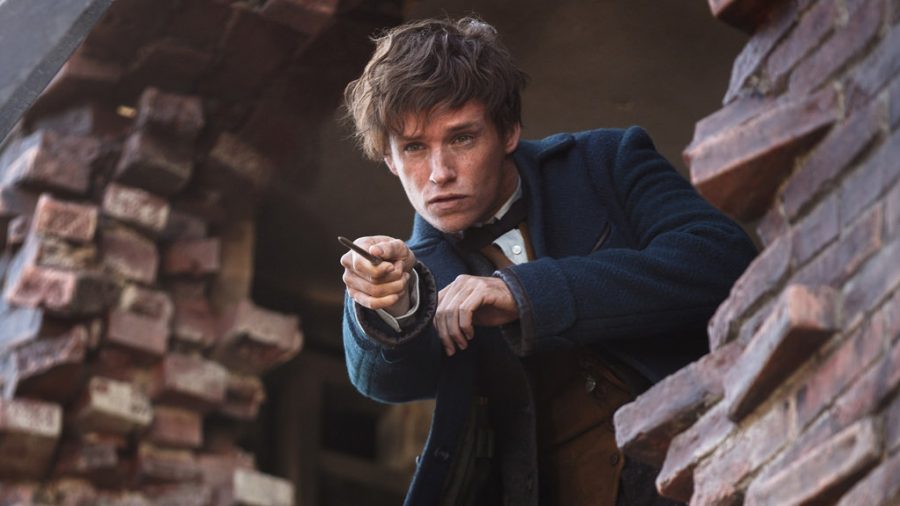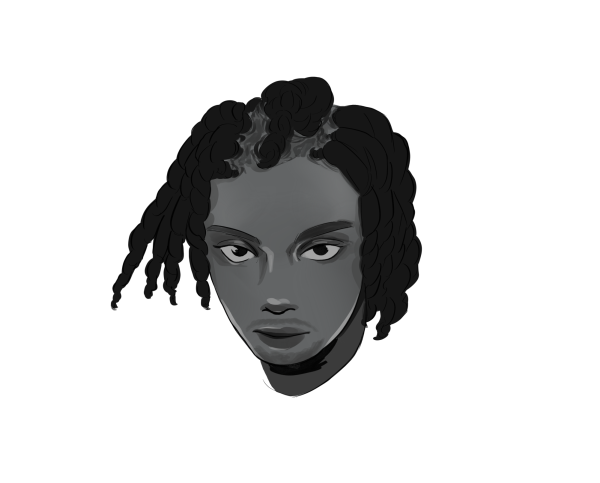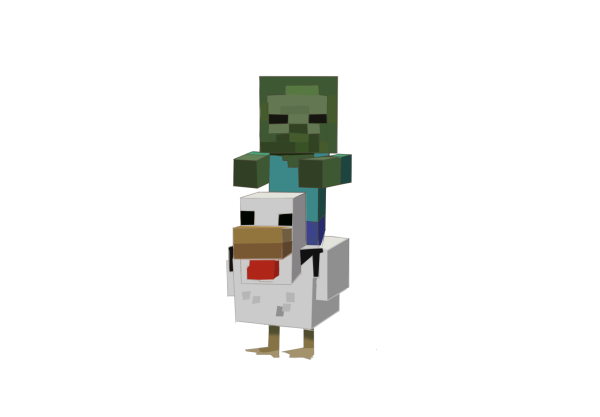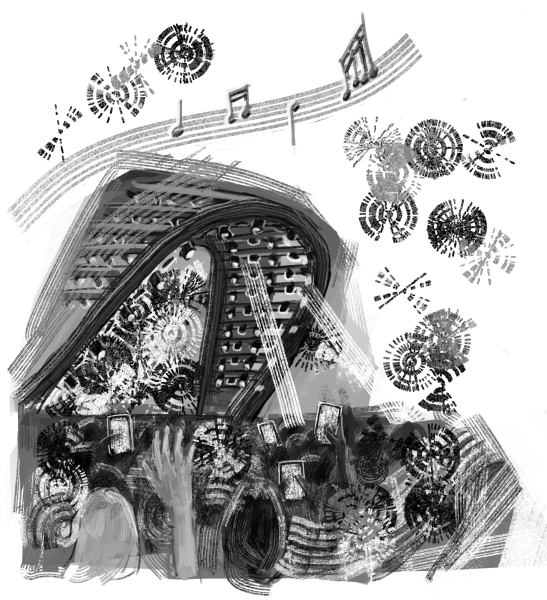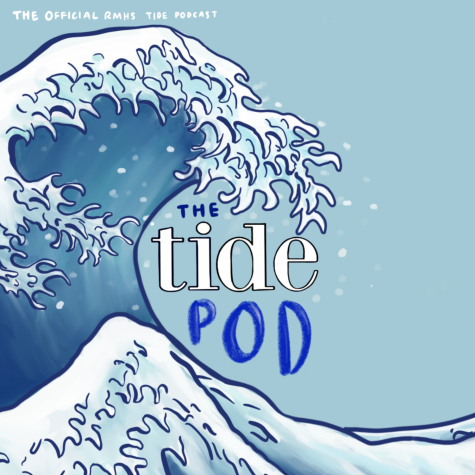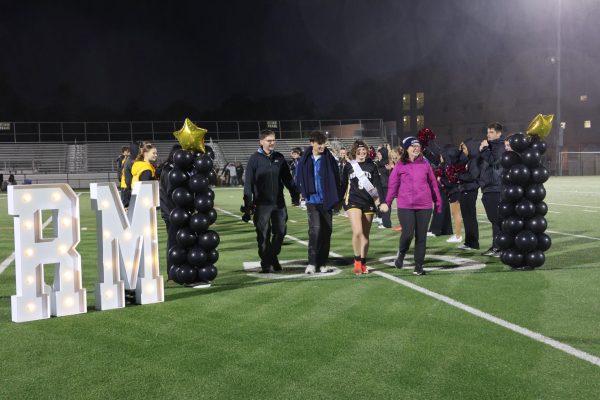Movie review: “The Crimes of Grindelwald” disappoints
Photo courtesy of Creative Commons.
2018 film “Fantastic Beasts: The Crimes of Grindelwald” had the worst audience score and opening weekend of any “Harry Potter” or “Harry Potter” associated movie.
I went to the theater to watch “Fantastic Beasts: The Crimes of Grindelwald” with an open mind and a hopeful heart, but left confused and disappointed. As an avid “Harry Potter” fan, I hoped the critics were wrong and that the movie was as good as the last. Unfortunately, the movie fell short, just as the critics said.
“Fantastic Beasts: The Crimes of Grindelwald” is the sequel to the 2016 film “Fantastic Beasts and Where to Find Them” and the second installment in the “Fantastic Beasts” five-part film series. The film series is a spin-off of the insanely popular “Harry Potter” series and takes place in the same wizarding world, but decades earlier.
“Fantastic Beasts and Where to Find Them” received generally positive reviews and was ‘certified fresh’ by Rotten Tomatoes with a 74% on the tomatometer. In comparison, “Fantastic Beasts: The Crimes of Grindelwald” earned a lowly 38% and had the worst audience score and opening weekend of any “Harry Potter” or “Harry Potter” associated movie.
“Fantastic Beasts: The Crimes of Grindelwald” felt like a waste of time. It seemed as if the only purpose of the movie was to establish what side characters would take in the fight against Grindelwald and to expand on Grindelwald and Dumbledore’s history. The majority of the movie did not contribute anything significant to the film’s plot, and it ultimately felt like a filler movie. The movie could not stand alone and was clearly just setting up for the next movie in the series.
The film lacked both structure and a clear plotline, so when the credits started rolling, all I could think was, “That’s it?” It felt like nearly half the movie simply reintroduced characters. The middle of the film was just an explanation of the Lestrange and Dumbledore family that, though informative, was confusing and hard to keep up with. The only important part of the film was the climax when characters chose sides, but even that part was a blur.
*Spoilers ahead*
The purpose of the film was to show what sides characters would take, but Newt’s big decision to fight against Grindelwald was already obvious. Newt always treated people and animals equally, and his moral values clearly opposed Grindelwald’s beliefs that purebloods were superior to muggle borns and wizards were superior to no-maj (muggles). The big surprise though, for me and I assume everyone in the theater, was when Queenie decided to join Grindelwald.
Queenie underwent a drastic yet unexplained character change between the first and second films of the series. In the first movie, Queenie was lovable and kind-hearted, but here, she drugged her boyfriend with a love potion and was planning to force him to marry her against his will.
Besides its structural and character development issues, my biggest issue with “The Crimes of Grindelwald” is its inconsistency to “Harry Potter.” The “Fantastic Beast” film series is clearly marketed towards “Harry Potter” fans, but the movie goes against what is canon in the books.
For example, in “The Crimes of Grindelwald,” Minerva McGonagall is a professor at Hogwarts in 1927. However, McGonagall did not start teaching at Hogwarts until 1956, and she was not even born until 1935! Her role in the movie was unnecessary and unimportant to the script, yet they decided to go against canon and throw her in despite the inaccuracy.
The movie’s disregard for the “Harry Potter” timeline and rules of the wizarding world is sure to deter “Harry Potter” fans away. If J.K. Rowling does not realize her mistakes and improve on them in the next film, the “Fantastic Beasts” series will flop.
Your donation will support the student journalists of The Tide, Richard Montgomery High School's student newspaper. Your contribution will allow us to purchase equipment and cover our annual website hosting costs.

Colleen Weinburke is a staff writer for the Arts section of The Tide. As a junior, this is her first year involved with The Tide. Outside of The Tide,...


